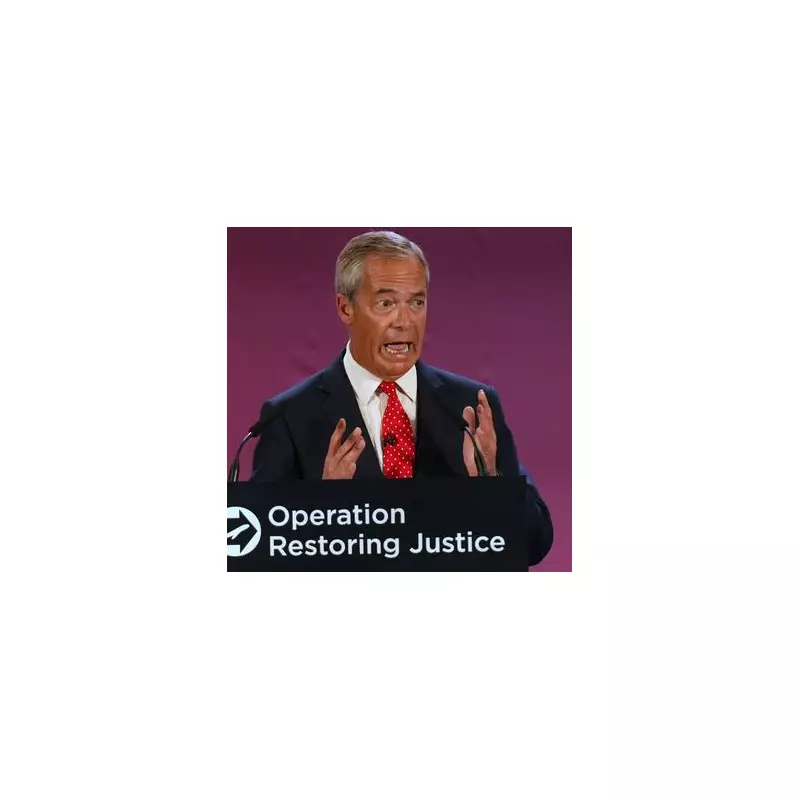
GB News presenter Nigel Farage is facing a fierce backlash after peddling what critics are calling 'dangerous' and baseless claims about immigration in the UK. The former UKIP leader used his media platform to amplify a debunked narrative, sparking accusations of outright fearmongering.
A Pattern of Inflammatory Rhetoric
During a recent broadcast, Farage made the sensationalist claim that a 'mass immigration' event was underway, a statement swiftly condemned for its lack of evidence and inflammatory tone. This is not an isolated incident but part of a sustained pattern where complex social issues are reduced to simplistic, alarmist soundbites.
Community leaders and media commentators have expressed deep concern over the impact of such rhetoric. They argue it deliberately sows division and stokes social tensions for political gain, rather than contributing to a reasoned public debate on immigration policy.
Journalists and Community Leaders Push Back
Prominent voices have been quick to challenge Farage's narrative. Darren Lewis, a respected journalist, publicly called out the GB News host for his irresponsible commentary, labelling it a blatant attempt to scare the public.
The criticism highlights a growing concern about the role of certain media figures in spreading misinformation. The deliberate use of loaded terms like 'mass immigration' is seen as a tactic to bypass factual analysis and appeal directly to emotion and prejudice.
The Real-World Impact of Irresponsible Commentary
Beyond the studio, experts warn that this kind of rhetoric has tangible consequences. It can legitimise hate speech, empower far-right groups, and create a more hostile environment for immigrant communities across the UK.
Critics argue that figures with large platforms have a duty to engage in responsible discourse. Spreading unverified claims, they say, undermines social cohesion and damages the quality of democratic debate at a time when factual, nuanced discussion is most needed.
The incident raises serious questions about regulatory oversight and the responsibilities of broadcasters in upholding standards of accuracy and impartiality, especially on issues as sensitive as immigration.





